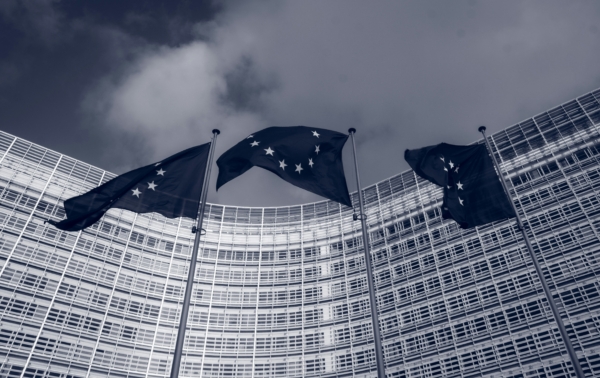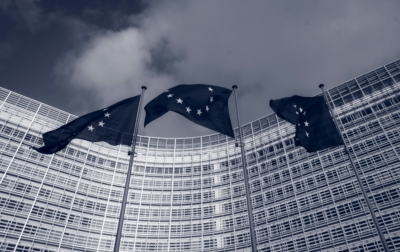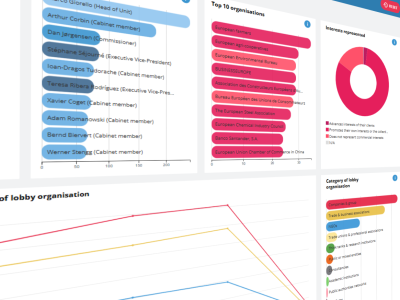Transparency International expresses profound concern over the recently ratified Agreement on Cooperation in Tourism and Real Estate Development between the Government of Montenegro and the Government of the United Arab Emirates (UAE). While the pursuit of foreign investment is commendable, the provisions within this Agreement raise significant issues that may jeopardise Montenegro’s European Union (EU) accession process, particularly concerning Chapter 5 on Public Procurement.
Exemptions from Public Procurement and Competition Laws
The Agreement’s Article 2.4 stipulates that contracts, programmes, and subsequent agreements with UAE investors are exempt from the public procurement, tender, and competition laws of both countries. This effectively allows for direct contract awards without competitive bidding, undermining principles of transparency and equal treatment. Should this occur, Montenegro would be in direct conflict with EU public procurement laws and the Stabilisation and Association Agreement (SAA) between Montenegro and the EU. The European Commission has highlighted that these exemptions could breach EU regulations, particularly those ensuring fair competition and transparency in public procurement processes.
Impact on EU Accession Negotiations
Montenegro has made commendable progress in aligning its public procurement systems with EU standards. The European Commission’s 2024 report acknowledges a moderate to good level of preparation in this area, noting improvements in the electronic procurement system. However, the adoption of the current Agreement threatens to reverse these advancements. Implementing provisions that contravene EU procurement laws could stall or derail negotiations related to Chapter 5, thereby impeding Montenegro’s overall EU accession trajectory.
Lack of Anti-Corruption Safeguards
Transparency International emphasises that public procurement is a sector highly susceptible to corruption. The Agreement’s lack of transparency and absence of anti-corruption mechanisms exacerbate this risk. By allowing exemptions from standard procurement procedures, the Agreement creates opportunities for favouritism and misuse of public funds. This not only undermines public trust but also contravenes the principles of good governance and accountability that are central to EU integration.
In light of these concerns, Transparency International urges:
1. Parliamentary Reconsideration: We call upon the Parliament to re-examine the Agreement, ensuring that any international commitments align with Montenegro’s constitutional framework and do not put its EU obligations at risk.
2. Governmental Review: We urge the Government to engage in a thorough review of the Agreement’s provisions, incorporating necessary amendments to uphold transparency, competitiveness, and anti-corruption standards.
3. Public Consultation: We recommend initiating a comprehensive public debate involving civil society, legal experts, and EU representatives to assess the Agreement’s implications fully.
4. Alignment with EU Standards: We advocate for the revision of the Agreement to ensure full compliance with EU public procurement laws and the SAA, thereby safeguarding Montenegro’s EU accession prospects.([European Western Balkans][1])
5. EU monitoring: We call on the European Commission to closely monitor the implementation of the final agreement and its impact, to ensure it does not put Montenegro’s path to accession at risk.
Transparency International remains committed to supporting efforts that promote transparency, accountability, and integrity in public administration. We stand ready to assist in reviewing and amending the Agreement to align with best practices and international standards.






